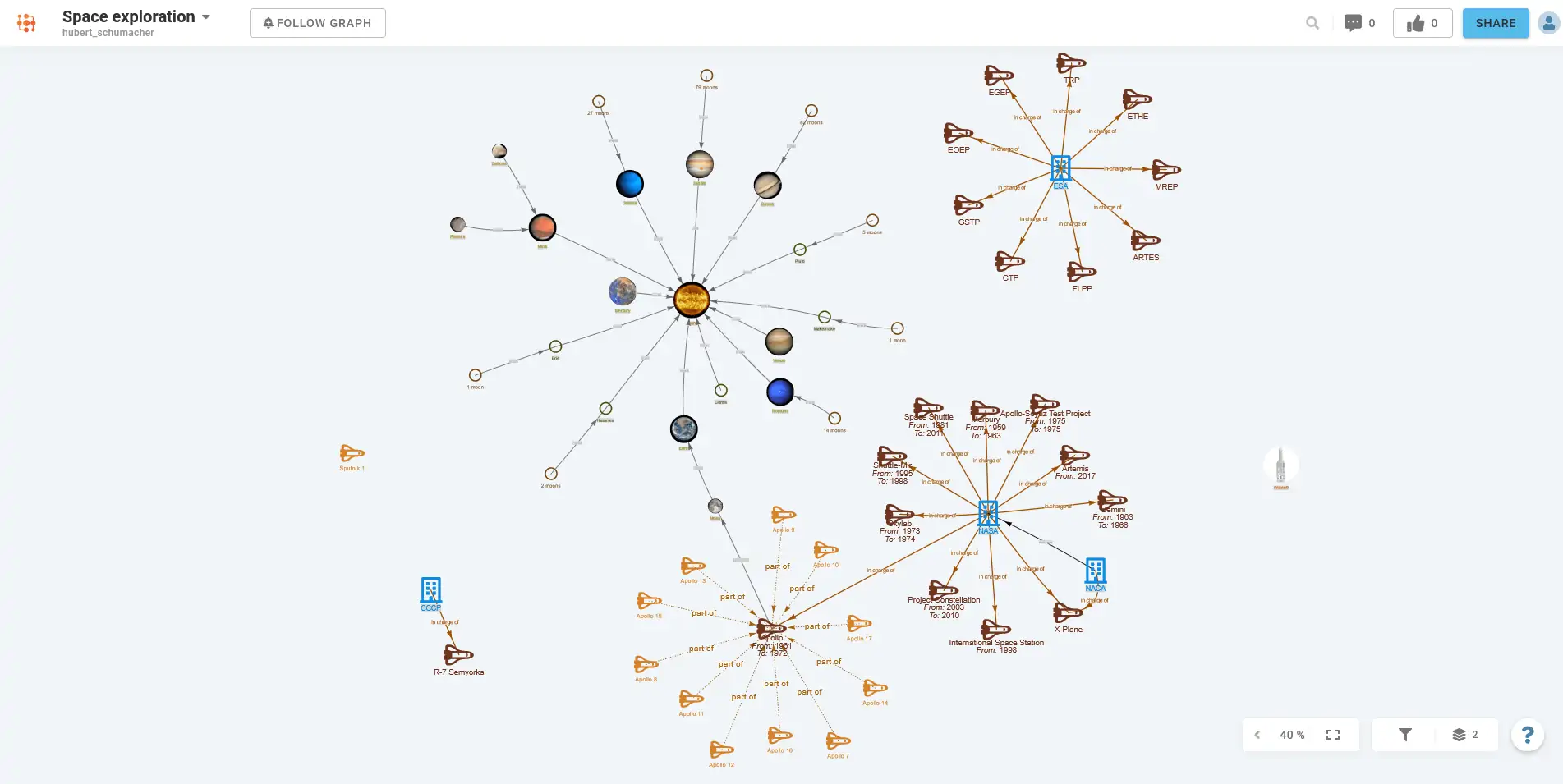
Highlighting the Importance of Mind Mapping in the Education Sector
There are many challenges teachers and educators face in a classroom, no matter the classroom is virtual or physical. Mind Maps offer an automated solution to the challenges these groups experience in students. They are helpful for teachers and students alike and are a great tool for educators who want to create clear outlines of information, areas to discuss and work up creative problem-solving schemes.
A mind map helps students visualize multiple options and choose the right one. This helps them expand their knowledge of several subjects at the same time. The method allows students to work in a systematic and effective manner.
In addition to making learning fun and engaging, it also allows them to remember more. Its versatility makes it an excellent teaching tool, especially for busy clinical teachers.
Using a mind map in a lesson can allow teachers to gain insight into their students’ thought processes. They can see how students approach a subject. This can be extremely helpful in assessing strengths and monitoring progress.
It can also be used to create targeted lesson plans for individual or group sessions. The process can be tailored to meet the needs of the student and make the learning experience more effective. It’s a great tool to use with students in any subject area.
A mind map helps students better comprehend information that is presented graphically. Students can also share their mind maps with their peers, making the experience more interactive. Using mind mapping to present ideas can also improve student collaboration and achieve more.
By displaying ideas in a visual format, students are more likely to remember them. They are more likely to retain information when they see it in a picture. They can use images, colors, and other mental triggers to make connections between ideas.
A mind map can be a useful tool for testing student understanding. When students draw out the same map, the teacher can check how many students have completed the task. The process of making a mind map will reveal how the student thinks about a topic, and which connections they made. By creating a mind map, students can put their minds to work. Moreover, it can make them more creative and able to remember information.
A mind map can help students organize their ideas and make them more memorable. A mind map can also help students structure and write their essays and other writing materials. For example, the student can write a book report using a mind map, whereas, in a traditional paper, the student should write a paper without a mind map. Once the student has completed the task, the teacher can easily review it.
A mind map can be created before class or in front of students. The student should compare the brain dump with the mind map and add keywords according to the structure of the map. After creating the mind map, the student should compare it with the one he or she created in the previous class. Then, the student should rearrange the topics to make them fit into the map. When it comes to mind mapping, it is possible to show the students how each new topic relates to the older topic.
Mind maps are easy to build. Using mind map software, you can create a mind map within minutes. The mind map is a visual representation of the information you want to convey. A well-designed mind map can aid students in learning the information they need. The student will be able to review the content later. This way, the student can be reminded of the important details of the lecture and use the mind map to learn new information.
MindMapping is a powerful learning tool that helps students understand complex topics. It allows students to create visual representations of keywords and concepts and allows them to customize their mind maps to meet their specific needs.
Apart from improving the teaching methods, mind maps can also help students remember their learned material better. When used effectively, they can enhance learning and retain information. However, the use of mind maps in educational settings requires some training and practice.
Teachers are required to review their teaching methods and preparation. Hence, a mind map can help them make these improvements. By analyzing the information, students will be able to remember it. Moreover, they will also improve their critical thinking skills. The skills they improve in classrooms will carry over to their professional lives as they progress in their careers. So, it is vital to apply Mind Mapping in teaching and education.